Recently, the Biden administration has made a push for more clean energy, including solar power. And plenty of contractors are eager to install solar panels on U.S. homes. But a law that addresses forced labor in China is causing shipments of solar equipment to stall.
What the Law States
The Uyghur Forced Labor Prevention Act (UFLPA) was passed by Congress in December 2021 and took effect in June 2022. This legislation looks to crack down on materials produced in China’s Xinjiang Uyghur Autonomous Region (XUAR). In this region, it is common for the Uyghur people to be victims of forced labor. So, the law attempts to prohibit goods created by forced labor from entering the United States.
The UFLPA focuses on goods that are wholly or partially manufactured or mined in the XUAR or by other entities involved in forced labor. This means that the United States is banning products provided by companies with only indirect connections to these questionable labor practices.
The materials most affected by the UFLPA include apparel, cotton, tomato-based items, and silica-based products. For the construction industry, the most concerning material being regulated is silica, which is used for many products, including glass, tile, sealants, bricks, solar panels, and other construction-related items. The XUAR is home to more than 50 percent of the world’s supply of polysilicon, a necessary component of solar materials.
To comply with the UFLPA, importers have many hoops to jump through. They must track where all their goods originate and what companies have had a hand in the manufacturing. To accomplish that tracking, they must maintain detailed transaction records, including flow charts and lists of all manufacturers involved.
The Result of UFLPA
Although UFLPA was passed with good intentions and a hope to protect the well-being of the Uyghur people, the result is proving problematic for U.S. companies. Now, solar equipment is piling up and going unused. Since the legislation took effect in June, at least three gigawatts of solar panels have been held up by U.S. Customs. And experts predict that nine to 12 gigawatts will be detained by the end of the year. Complying with the necessary supply chain records is likely proving to be cumbersome for everyone involved. Meanwhile, several key Chinese manufacturers are frustrated and have stopped exporting to the United States.
According to the Energy Information Administration (EIA), U.S. developers had planned to install 17.8 gigawatts of solar panels in 2022. However, in the first half of the year, only 4.2 gigawatts were installed.
The United States currently has the second-largest solar market in the world, but it relies on imports to keep up with demand. China is the largest market and the dominant player in the worldwide supply chain. Earlier supply chain issues had already wreaked havoc on the solar panel industry, so the restrictions stemming from UFLPA have only made that issue worse.
Going Forward
It is difficult to know how this problem can be resolved. It is unlikely that UFLPA will be reversed, and it is unclear if U.S. Customs can speed up the inspection process. In the meantime, many politicians may hope that the United States can increase its own production of solar panels, but securing the necessary polysilicon will remain a challenge.
Author’s note: The information contained in this article is for general educational information only. This information does not constitute legal advice, is not intended to constitute legal advice, nor should it be relied upon as legal advice for your specific factual pattern or situation.
About the author: Trent Cotney is a partner and Construction Practice Group Leader at the law firm of Adams and Reese LLP and NRCA General Counsel. For more information on this subject, please contact the author at [email protected].

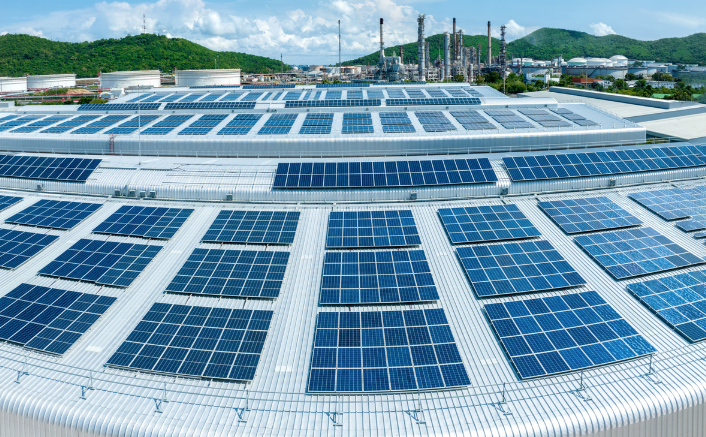
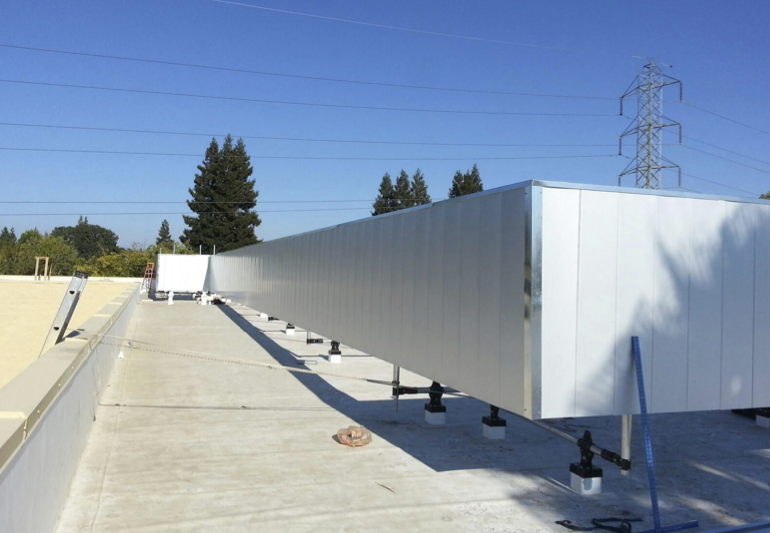
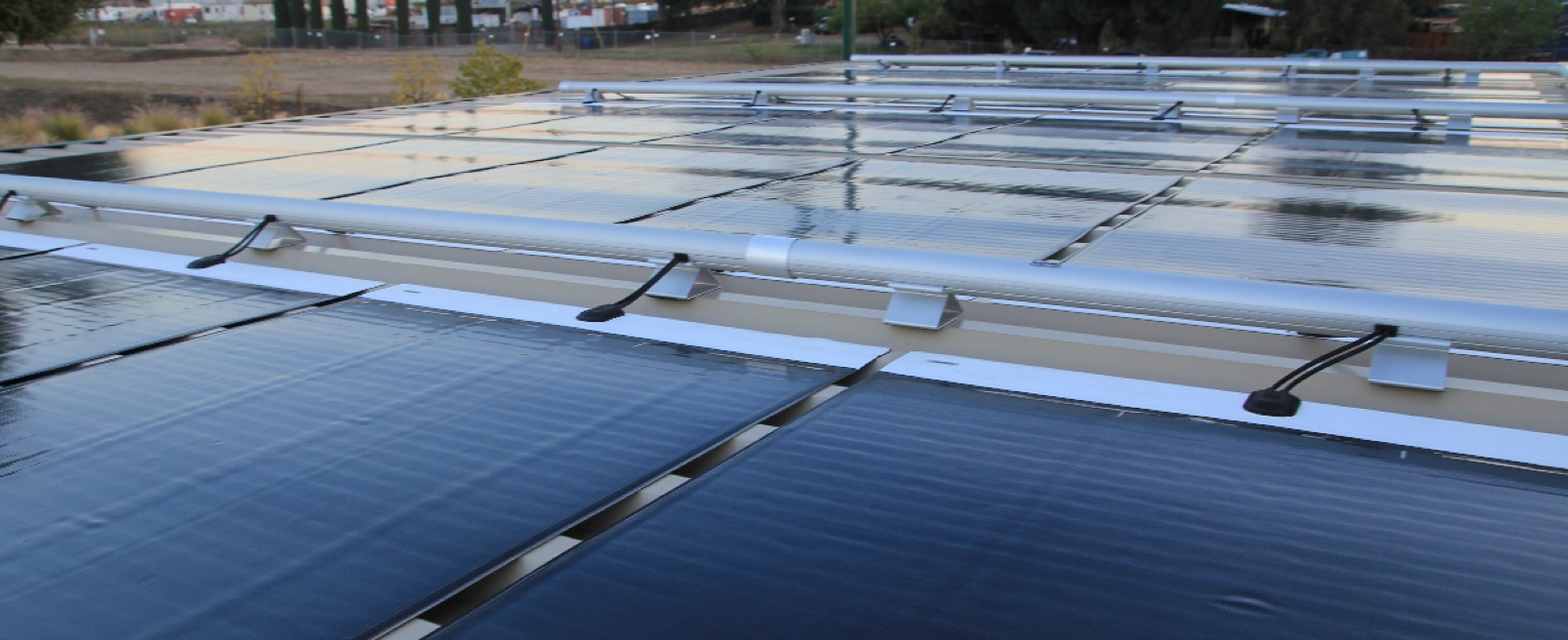
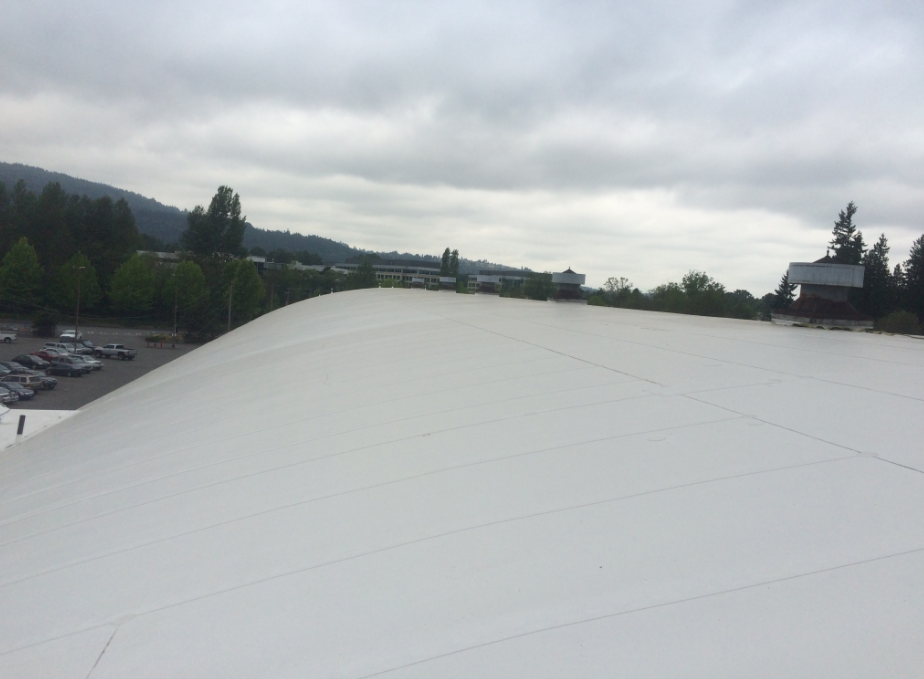
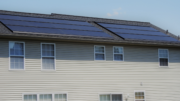
Be the first to comment on "Solar Equipment Delays Impact U.S. Industry"